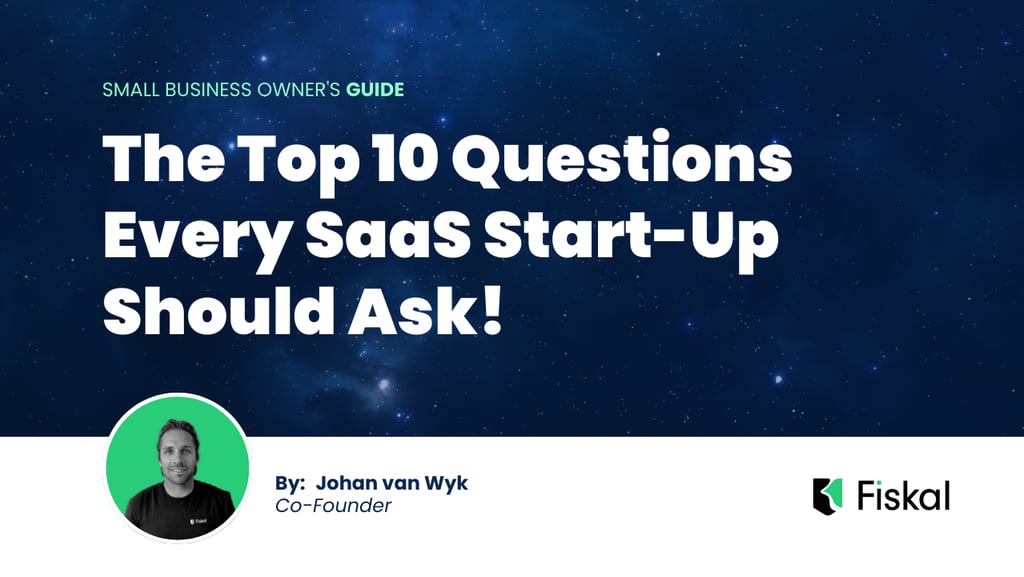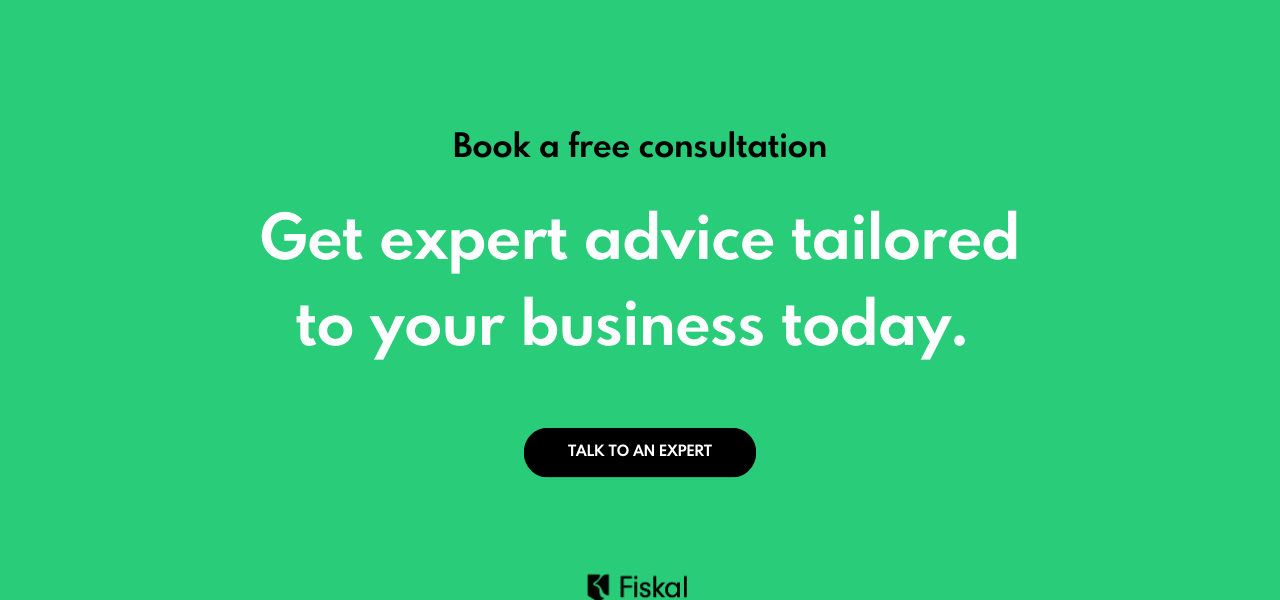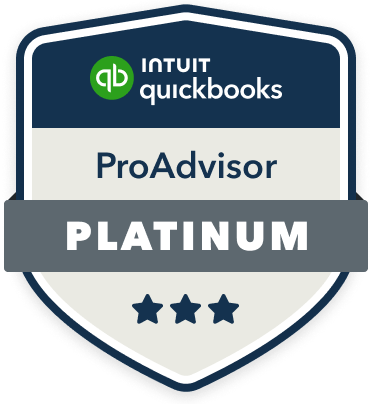Unveiling the Secrets: The Top 10 Questions Every SaaS Start-Up Should Ask!
For any SaaS start-up looking to achieve success, asking the right questions is crucial. In the ever-evolving world of technology, it's essential to uncover the secrets that will set your business apart. In this article, we'll delve into the top 10 questions every SaaS start-up should ask to optimize their chances of building a thriving and sustainable business. From understanding your target market to identifying your unique selling proposition, these questions will help you navigate the complex landscape of the SaaS industry with confidence. Whether you're in the early stages of development or looking to scale your existing business, this comprehensive guide will provide you with valuable insights and strategies.
SYSTEMS AND SOFTWARE


By seeking answers to these questions, you'll gain a deeper understanding of your customers, competitors and the market as a whole. With this newfound knowledge, you'll be better equipped to make data-driven decisions that drive growth and deliver exceptional value to your target audience.
Unveil the secrets and unlock the potential of your SaaS start-up. Let's dive in and discover the top 10 questions you should be asking!
The importance of asking the right questions
In the competitive landscape of the SaaS industry, asking the right questions can be the difference between success and failure. By asking thought-provoking and strategic questions, you can gain valuable insights that will help you make informed decisions and stay ahead of the curve.
Asking the right questions also demonstrates your commitment to understanding your customers' needs and delivering exceptional value. This customer-centric approach can differentiate your SaaS start-up from the competition and build strong customer relationships.
Furthermore, asking the right questions allows you to identify blind spots and potential challenges early on. By addressing these issues proactively, you can save time, money and resources in the long run.
Question 1: What problem does your SaaS product solve
To build a successful SaaS start-up, you must first identify the problem your product solves. Understanding the pain points of your target audience is crucial for developing a product that meets their needs and provides a solution they are willing to pay for.
Start by conducting thorough market research to identify common challenges faced by your target market. This can involve surveys, interviews, and competitor analysis. Look for gaps in the market where your product can provide a unique and valuable solution.
Once you have identified the problem, focus on developing a clear value proposition that highlights how your SaaS product addresses this problem in a unique and effective way. This will not only attract potential customers but also differentiate your product from competitors.
Question 2: Who is your target audience
Understanding your target audience is essential for tailoring your product, marketing strategies and customer experiences. By defining your target audience, you can focus your efforts on reaching the right people and delivering a personalized experience that resonates with them.
Start by creating buyer personas that represent your ideal customers. Consider their demographics, pain points, goals and preferences. This will help you create targeted marketing campaigns and product features that appeal to their specific needs.
Additionally, consider conducting surveys or interviews to gather direct feedback from your target audience. This will provide valuable insights into their preferences, pain points and expectations, allowing you to refine your product and marketing strategies accordingly.
Question 3: How will you differentiate your product from competitors
In a saturated SaaS market, differentiation is crucial for standing out and attracting customers. Identify what sets your product apart from competitors and emphasize these unique selling points in your marketing efforts.
Start by conducting a thorough competitive analysis to understand what your competitors are offering and how they position themselves in the market. Look for gaps or weaknesses in their offerings that you can address with your product.
Next, focus on highlighting your product's unique features, benefits and competitive advantages. This could be anything from a user-friendly interface to advanced data analytics capabilities. Clearly communicate these differentiators in your marketing materials and sales pitches.
Remember, differentiation extends beyond your product features. It can also include factors like customer service, pricing models and industry expertise. Find ways to stand out in these areas to create a compelling value proposition for potential customers.
Question 4: What is your pricing strategy
Developing a pricing strategy that maximizes revenue while remaining competitive is essential for the success of your SaaS start-up. Pricing can significantly impact customer acquisition, retention and overall profitability.
Start by understanding the value your product provides to customers and the pricing expectations in your market. Consider factors such as the cost savings or revenue generation potential your product offers compared to alternative solutions.
Next, evaluate different pricing models, such as subscription-based pricing, tiered pricing or usage-based pricing. Each model has its advantages and considerations, so choose one that aligns with your target audience's preferences and your business goals.
Additionally, consider offering pricing tiers or plans that cater to different customer segments. This allows you to capture a wider range of customers while maximizing revenue potential.
Finally, regularly evaluate and adjust your pricing strategy based on market dynamics, customer feedback and your business goals. Pricing is not a one-time decision but an ongoing process that requires continuous optimization.
Question 5: How will you acquire and retain customers
Acquiring and retaining customers is crucial for the growth and sustainability of your SaaS start-up. Develop a comprehensive customer acquisition and retention strategy to attract new customers and keep them engaged and satisfied.
Start by identifying the most effective marketing channels for reaching your target audience. This could include content marketing, social media advertising, search engine optimization or partnerships with complementary businesses. Focus your efforts on channels that provide the highest return on investment.
Next, develop compelling marketing messages that clearly communicate the value and benefits of your SaaS product. Tailor these messages to resonate with your target audience and address their pain points and goals.
Once you have acquired customers, focus on delivering exceptional customer experiences to drive retention. Provide outstanding customer support, regularly communicate product updates and improvements and offer incentives for long-term commitment.
Furthermore, leverage customer feedback and data to continuously improve your product and address customer needs. This customer-centric approach will not only drive customer satisfaction but also generate positive word-of-mouth and referrals.
Question 6: What metrics will you track to measure success
Tracking the right metrics is essential for monitoring the success and growth of your SaaS start-up. By measuring key performance indicators (KPIs), you can identify areas of improvement, track progress towards your goals and make data-driven decisions.
Start by identifying the most relevant metrics for your business. This could include customer acquisition cost (CAC), customer lifetime value (CLTV), churn rate, monthly recurring revenue (MRR) or user engagement metrics. Choose metrics that align with your business goals and provide meaningful insights into your performance.
Next, implement a robust analytics system that allows you to track and analyze these metrics accurately. This could involve using tools like Google Analytics, customer relationship management (CRM) software or custom-built analytics platforms.
Regularly review your metrics and use the insights gained to make informed decisions. Identify trends, patterns and areas of improvement and take action accordingly. This iterative approach will help you continuously optimize your strategies and drive growth.
Question 7: How will you scale your business
Scaling your SaaS start-up is the ultimate goal for long-term success. Develop a scalable business model and strategies that allow you to grow efficiently and sustainably.
Start by evaluating your current infrastructure and processes. Identify any bottlenecks or limitations that could hinder scalability. This could include outdated technology, manual processes or resource constraints. Address these challenges early on to ensure a smooth scaling process.
Next, focus on optimizing your customer acquisition and retention strategies. As you scale, it's crucial to maintain a steady stream of new customers while ensuring high customer satisfaction and retention rates. Continuously refine your marketing efforts, customer support systems and user experiences to accommodate growth.
Additionally, consider strategic partnerships or acquisitions that can help accelerate your growth. This could involve collaborating with complementary SaaS companies, partnering with industry influencers or acquiring smaller competitors to expand your customer base.
Finally, invest in technology and automation that can streamline your operations and support scalability. This could include implementing cloud-based infrastructure, utilizing artificial intelligence for customer support or leveraging machine learning for data analysis.
By asking the right questions and implementing scalable strategies, you can position your SaaS start-up for exponential growth and long-term success.
Conclusion: The power of asking the right questions for SaaS start-ups
In the fast-paced world of SaaS start-ups, asking the right questions is essential for success. By delving into the top 10 questions outlined in this article, you can gain valuable insights into your target market, differentiate your product, optimize your pricing, acquire and retain customers, measure success and scale your business efficiently.
Remember, the SaaS industry is highly competitive and staying ahead requires constant innovation and adaptation. By continuously asking strategic questions and seeking answers, you can uncover the secrets that will set your SaaS start-up apart from the competition and pave the way for sustainable growth and success. Unveil the secrets, ask the right questions, and unlock the potential of your SaaS start-up!












